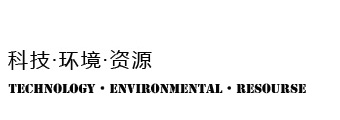Batttery directive ‘not delivering’
Revision of the EU’s Batteries Directive is likely after an official review found that objectives for the collection of waste batteries and their recovery had not been fully delivered.
The results of an evaluation process carried out by the European Commission over the past 18 months have now been published. It says most member states met or exceeded the 2012 target for the collection of waste portable batteries (set at 25%), but only 14 met the 2016 target of 45%. These targets are considered insufficient to ensure a high level of collection of waste portable batteries.
The Commission says the management of used batteries remains a concern, adding: ‘An estimated 56.7% of all waste portable batteries are not collected, annually. This amount is significant enough to jeopardise the achievement of the directive’s environmental protection objectives.’
Risks persist
The review found that the 2006 directive had contributed to reducing the use of hazardous substances in batteries and to preventing waste portable batteries from being landfilled or incinerated but not at the level envisaged. ‘Risks for the environment therefore persist’.
More positively, the vast majority of the waste batteries that are collected in the EU are said to be recycled in line with the directive’s requirements. Battery-recycling processes meet efficiency targets but the overall objective to achieve a high level of material recovery is not being met. It also found that the directive was unable to keep pace with technical and social changes.
New targets?
The review concludes: ‘In the light of technical progress and practical experience gained … the current minimum collection targets for waste portable batteries and the minimum recycling requirements are not appropriate. Further targets for collection and recycling should therefore be considered’.
The Commission says the evaluation is part of a process that could lead to revision of the directive.







Leave a Comment